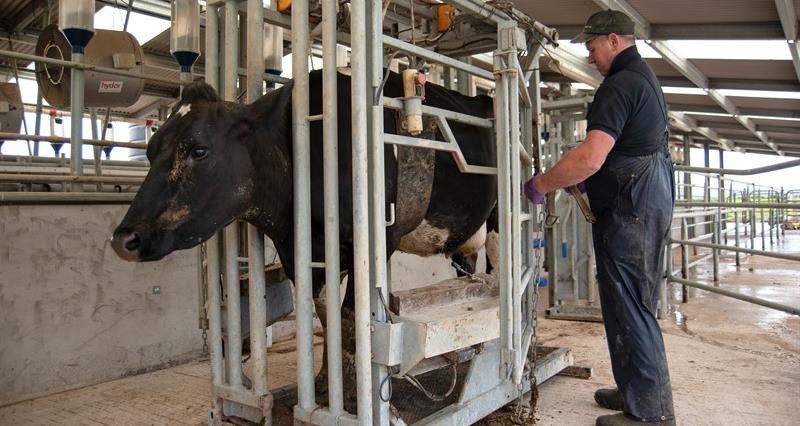Boost Your Farm's Biosecurity: How the Farming Equipment and Technology Fund Can Tackle Bovine TB Risks

Bovine Tuberculosis (bTB) remains a significant threat to Australia's livestock industry, impacting farmer livelihoods and animal welfare. The National Farmers Federation (NFU) understands these challenges and is committed to providing resources and support. A key opportunity for farmers to bolster their biosecurity measures and mitigate bTB risks is through the Farming Equipment and Technology Fund (FETF). This government initiative offers financial assistance for purchasing equipment and technologies proven to reduce disease transmission on farms.
What is the FETF and Why is it Important?
The FETF is designed to encourage innovation and improve productivity in the agricultural sector. It specifically targets investments that enhance biosecurity, improve resource efficiency, and reduce environmental impacts. In the context of bTB, this means supporting farmers in implementing practices that minimise the spread of the disease. The fund recognises that proactive biosecurity is not just good for animal health; it’s also economically sound.
Eligible Equipment and Technologies: What Can You Apply For?
The NFU's expert team has compiled a list of items eligible for FETF funding that can directly contribute to bTB risk reduction. Here's a breakdown of key areas:
- Improved Fencing and Boundary Control: Investing in robust fencing to prevent contact between your livestock and wildlife (such as wild deer and feral pigs, known carriers of bTB) is crucial. The fund can help offset the cost of high-quality fencing materials and installation.
- Biosecurity Gates and Hygiene Stations: Establishing dedicated entry and exit points with footbaths and wheel washes significantly reduces the risk of introducing or spreading bTB. Funding can be accessed for these essential hygiene measures.
- Livestock Monitoring Technologies: Early detection is key to controlling bTB outbreaks. Technologies like temperature sensors, activity monitors, and remote cameras can help identify potential cases quickly.
- Waste Management Solutions: Proper disposal of livestock waste reduces the risk of environmental contamination and subsequent disease transmission. The fund may support investments in composting systems or other appropriate waste management solutions.
- Diagnostic Testing Equipment (Limited Availability): While subject to specific criteria, some funding may be available for essential diagnostic testing equipment, enabling faster and more accurate bTB detection.
Applying for the FETF: Key Considerations
The application process for the FETF can seem complex, but the NFU is here to help. Here are some important tips:
- Review the Eligibility Criteria: Carefully examine the fund’s guidelines to ensure your proposed investment aligns with the objectives.
- Develop a Strong Business Case: Clearly articulate how your investment will reduce bTB risks and improve your farm's overall biosecurity. Quantify the potential benefits whenever possible.
- Seek Expert Advice: Consult with your veterinarian, agricultural consultant, or the NFU for guidance on preparing a compelling application.
- Pay Attention to Deadlines: Applications are typically assessed in rounds, so be sure to submit your application before the closing date.
Protecting Your Farm and the Industry
The FETF represents a valuable opportunity for Australian farmers to proactively address the threat of bTB. By investing in improved biosecurity measures, you're not only safeguarding your own livestock but also contributing to the health and sustainability of the entire agricultural industry. The NFU encourages all eligible farmers to explore the possibilities and take advantage of this funding to build a more resilient and disease-free future.
For more information and resources, visit the National Farmers Federation website or contact your local NFU representative.






